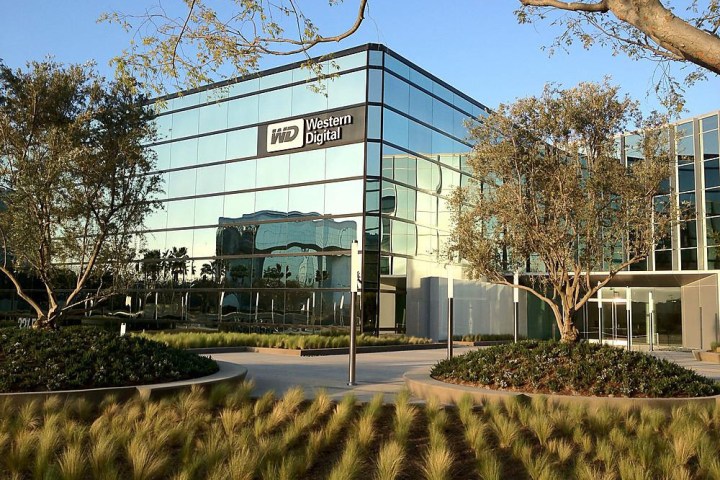
“Today is a significant day in the history of Western Digital,” said the company’s CEO, Steve Milligan, in a press release distributed this morning. He went on to praise the “transformational combination” of the two companies, and also referenced the “significant cash flow” he expects the deal to bring about.
Milligan will remain the CEO of Western Digital, which will still be headquartered in Irvine, California. Sanjay Mehrotra, the co-founder and CEO of SanDisk, will be taking a position on the Western Digital board of directors.
Mehrotra commented on the deal with the observation that “growth and change go hand in hand,” and stated his optimism about the potential for success that the combination offers up.
The acquisition was finalized for a figure some $3 billion shy of the price that was reported when the deal was announced last October. This can be attributed to Unisplendour backing out of plans to purchase a 15-percent stake of Western Digital, according to a report from The Verge.
While Western Digital has long been one of the biggest names in hard disk manufacturing, in recent years this form of storage has been threatened by the falling cost of solid state drives. Given that SanDisk launched the world’s first solid state drive back in 1991, the investment should help the company remain competitive.
SanDisk may have been swallowed up, but its name will live on — Western Digital has confirmed that it will continue to use the brand to market future products.
Editors' Recommendations
- Western Digital responds to claims that SanDisk SSD failures have design flaw
- SK Hynix might dethrone Western Digital with this SSD
- Amazon’s Cyber Monday sale cuts prices on Western Digital hard drives


